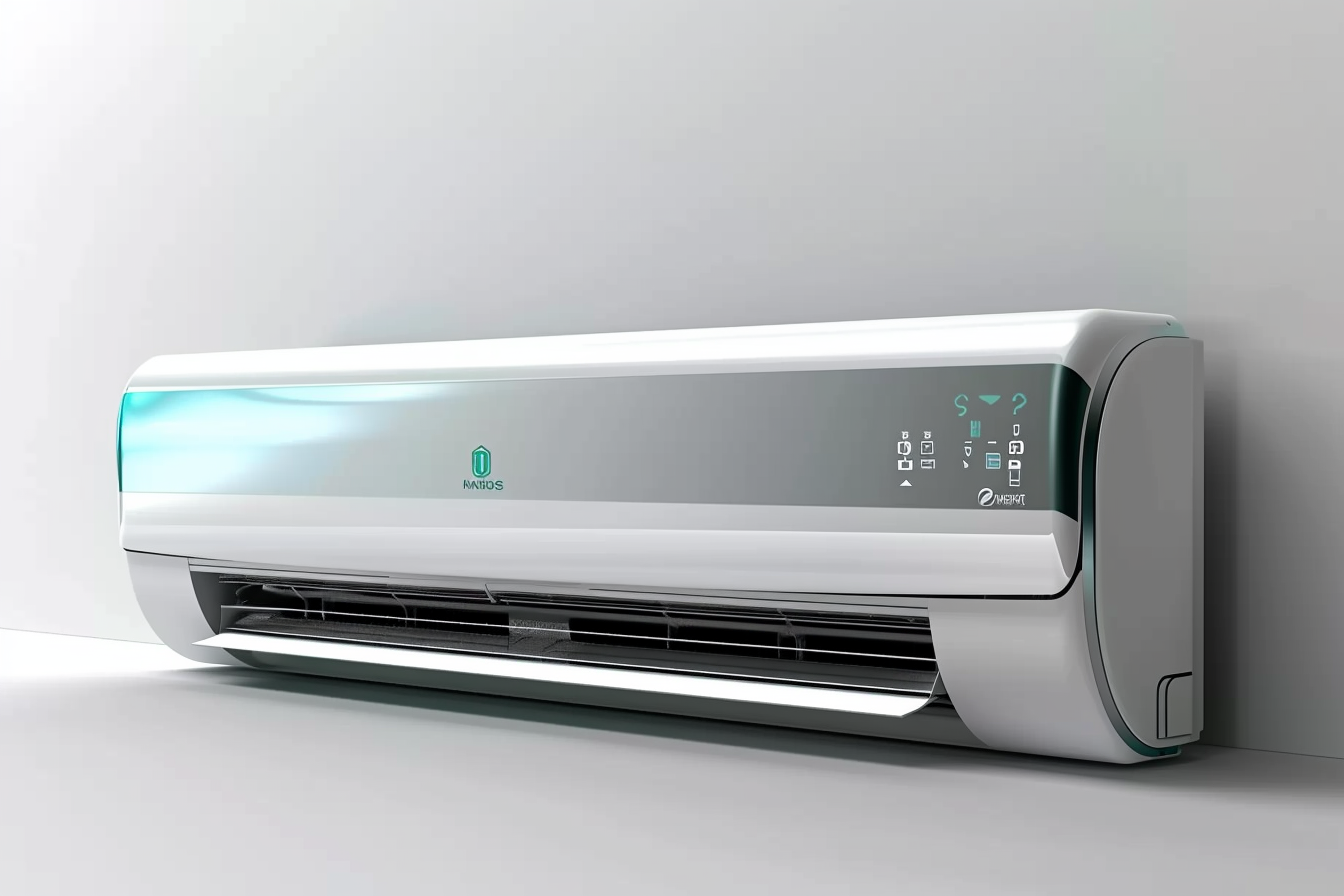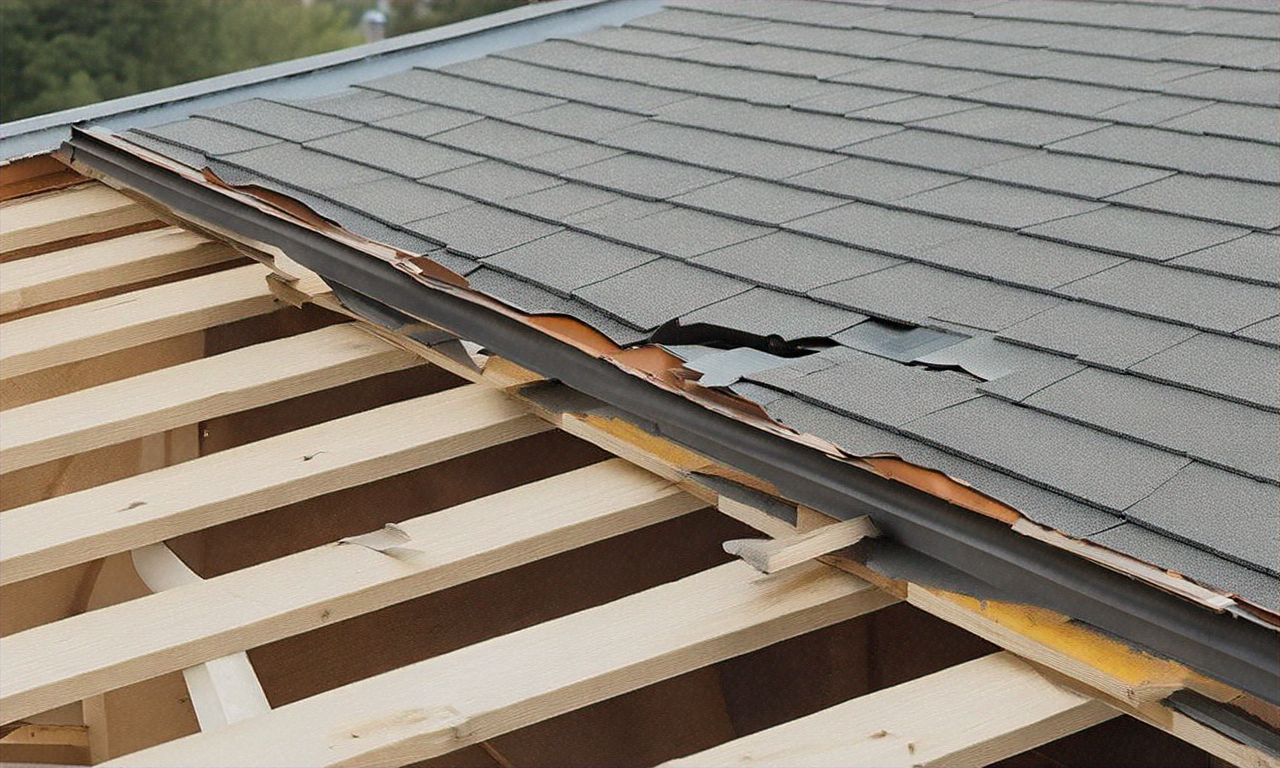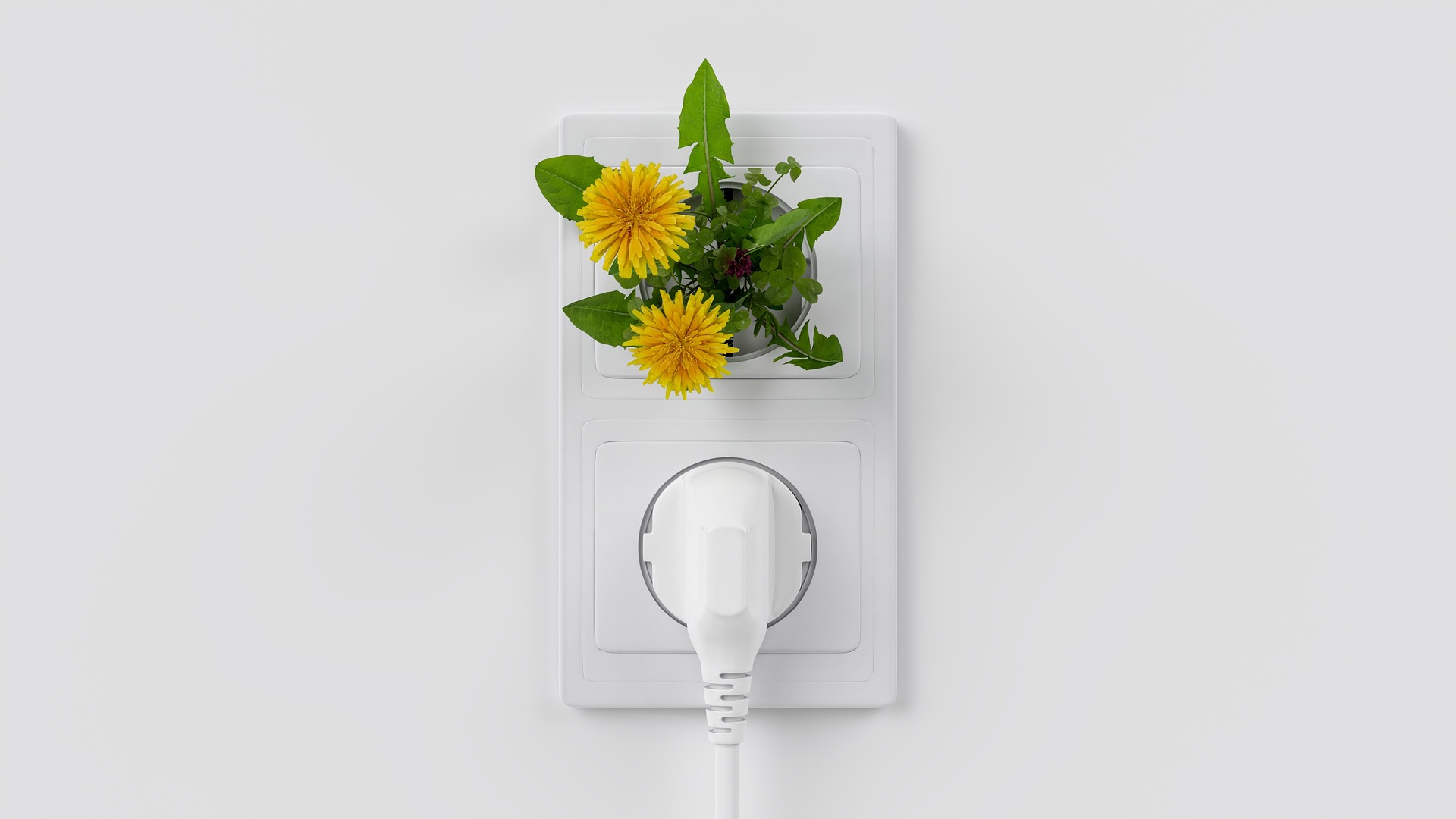Benefits of Air Conditioners Without Outdoor Units
Air conditioners without outdoor units represent a revolutionary approach to home cooling, offering unprecedented flexibility and convenience for modern living spaces. These innovative systems eliminate the need for external compressors and outdoor installations, making them ideal for apartments, rental properties, and homes where traditional central air conditioning isn't feasible. By integrating all components into a single indoor unit, these systems provide efficient cooling while addressing common installation challenges that homeowners face in urban environments.

Modern cooling technology has evolved significantly, bringing forth innovative solutions that challenge traditional air conditioning setups. Air conditioners without outdoor units have emerged as game-changing alternatives, particularly suited for urban environments and space-conscious homeowners seeking effective climate control without the complexities of conventional systems.
Energy Efficiency Benefits of Air Conditioners Without External Compressors
The elimination of external compressors brings remarkable energy efficiency advantages. These systems utilize advanced inverter technology and optimized refrigeration cycles that reduce energy consumption by up to 30% compared to traditional split systems. Without the energy losses associated with long refrigerant lines connecting indoor and outdoor units, these air conditioners maintain consistent performance while minimizing power requirements.
The integrated design allows for better temperature regulation and reduced cycling, which translates to lower electricity bills. Advanced sensors and smart controls automatically adjust cooling output based on room conditions, ensuring optimal energy usage throughout operation periods.
How These Compact Air Conditioners Save Space and Simplify Installation
Space optimization represents one of the most significant advantages of unitized air conditioning systems. Traditional installations require dedicated outdoor space for compressor units, which isn’t always available in densely populated areas or apartment complexes. These compact systems eliminate this requirement entirely, making them perfect for balcony-free apartments and urban dwellings.
Installation becomes remarkably straightforward without the need for refrigerant line connections, electrical wiring to outdoor units, or structural modifications to accommodate external equipment. Most systems require only a standard electrical outlet and minimal ventilation arrangements, allowing for quick setup that doesn’t require specialized HVAC technicians.
Key Advantages of Air Conditioners Without Outdoor Units for Modern Homes
Modern homes benefit from the aesthetic and practical advantages these systems provide. Without visible outdoor equipment, building facades remain uncluttered and architecturally intact. This feature proves especially valuable for heritage buildings, rental properties with restrictions, or homes in communities with strict exterior modification guidelines.
The reduced noise levels represent another crucial advantage. Traditional outdoor compressors generate significant noise that can disturb neighbors and violate local noise ordinances. Self-contained units operate much quieter, making them suitable for residential areas with noise restrictions.
Maintenance requirements are simplified since all components remain accessible indoors. Regular filter cleaning and basic upkeep can be performed without weather-dependent outdoor access, extending system lifespan and maintaining optimal performance.
| Product Type | Provider | Cost Estimation (BDT) |
|---|---|---|
| Window AC Unit | General Electric | 25,000 - 45,000 |
| Through-Wall Unit | Friedrich | 35,000 - 65,000 |
| Portable AC | Whirlpool | 30,000 - 55,000 |
| Ductless Mini-Split | Daikin | 40,000 - 80,000 |
| Evaporative Cooler | Symphony | 15,000 - 35,000 |
Prices, rates, or cost estimates mentioned in this article are based on the latest available information but may change over time. Independent research is advised before making financial decisions.
Environmental Impact and Sustainability Considerations
These systems contribute to environmental sustainability through reduced refrigerant usage and improved energy efficiency. Smaller refrigerant charges mean lower environmental impact if leaks occur, while the elimination of outdoor units reduces the urban heat island effect that traditional air conditioning systems create.
Many models incorporate eco-friendly refrigerants with lower global warming potential, aligning with international environmental standards and regulations. The compact design also reduces manufacturing materials and packaging requirements, contributing to overall environmental responsibility.
The flexibility offered by air conditioners without outdoor units makes them increasingly attractive for Bangladesh’s growing urban population. As cities become more densely populated and housing options become more diverse, these systems provide reliable cooling solutions that adapt to various living situations without compromising comfort or efficiency. Their combination of energy savings, installation simplicity, and space optimization makes them valuable investments for modern cooling needs.




